The Fall 2024 Washington History Seminar Videos

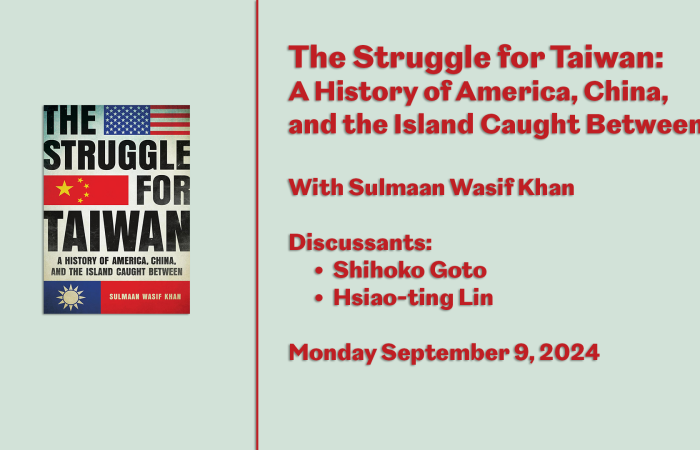
Fall 2024 Washington History Seminar Videos
The Struggle for Taiwan: A History of America, China, and the Island Caught Between
In The Struggle for Taiwan, Sulmaan Wasif Khan offers the first comprehensive history of the triangular relationship between the United States, China, and Taiwan, exploring America’s ambivalent commitment to Taiwan’s defense, China’s bitterness about the separation, and Taiwan’s impressive transformation into a flourishing democracy.
Watch now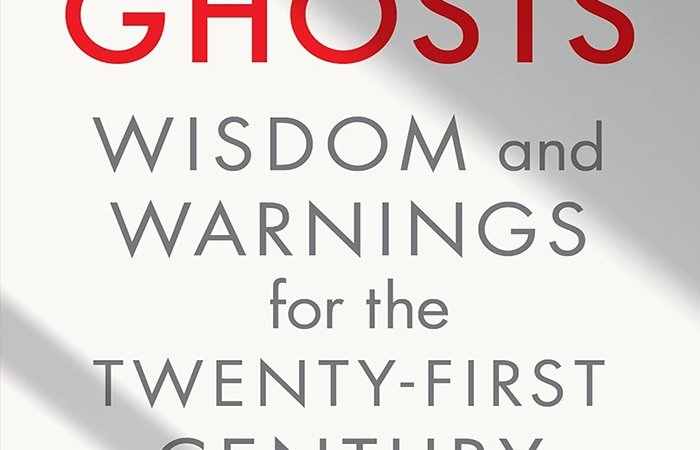
Orwell's Ghosts: Wisdom and Warnings for the Twenty-First Century
For the 75th anniversary of 1984, historian Laura Beers explores George Orwell’s still-radical ideas and why they remain critical today. Orwell dedicated his career to exposing social injustice and political duplicity, urging his readers to face hard truths about Western society and politics; the uncanny parallels between the interwar era and our own – rising inequality, censorship, and challenges to traditional social hierarchies – make his writing even more of the moment. Laura Beers considers Orwell’s full body of work – six novels, three non-fiction works, and multiple essays on politics, language, and the class system – to examine what “Orwellian” truly means and reveal the misconstrued thinker in all of his complexity. Wide-ranging and thought provoking, Orwell’s Ghosts investigates how the writings of a lionized champion of truth and freedom can help us face the crises of modernity.
Watch Now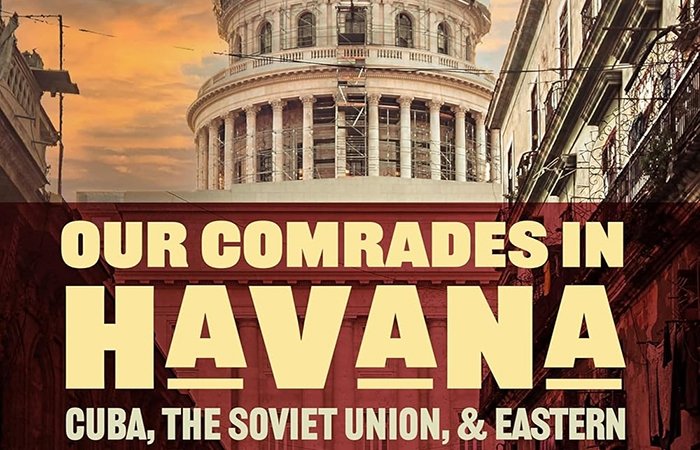
Our Comrades in Havana: Cuba, the Soviet Union, and Eastern Europe, 1959-1991
In the immediate aftermath of its successful revolution, Cuba was heralded by socialist nations as the vanguard of communism in Latin America. But by the late 1980s, Havana’s relationship with the Soviet-led socialist bloc had soured over its inability to adopt modes of socialist planning and Mikhail Gorbachev's reforms. Radoslav Yordanov examines Cuba’s ideological, political, and economic relations with the Eastern European states.
Watch now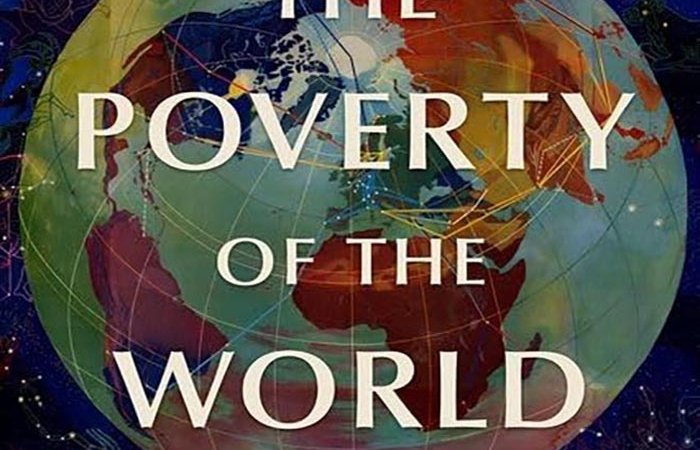
The Poverty of the World: Rediscovering the Poor at Home and Abroad, 1941-1968
In The Poverty of the World, Sheyda Jahanbani brings together the histories of US foreign relations and domestic politics to explain why, during a period of unprecedented affluence, Americans rediscovered poverty and supported major policy initiative to combat it.
Watch now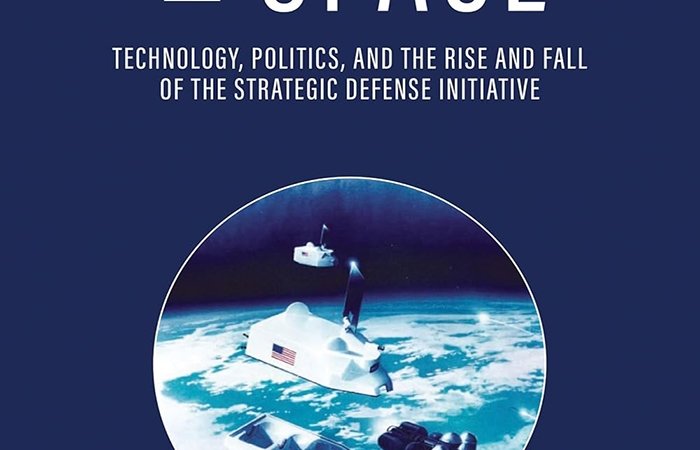
Weapons in Space: Technology, Politics, and the Rise and Fall of the Strategic Defense Initiative
In March 1983, President Ronald Reagan shocked the world when he established the Strategic Defense Initiative (SDI), derisively known as “Star Wars,” a space-based missile defense program that aimed to protect the US from nuclear attack. In Weapons in Space, Aaron Bateman draws from recently declassified American, European, and Soviet documents to give an insightful account of SDI, situating it within a new phase in the militarization of space after the superpower détente fell apart in the 1970s. In doing so, Bateman reveals the largely secret role of military space technologies in late–Cold War US defense strategy and foreign relations.
Watch now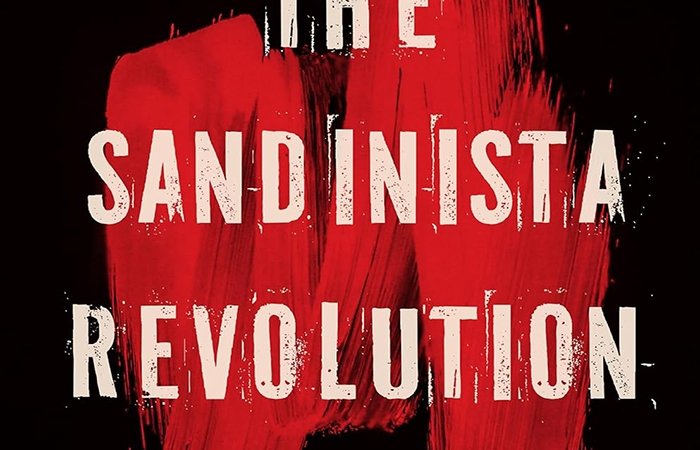
The Sandinista Revolution: A Global Latin American History
The Sandinista Revolution and its victory against the Somoza dictatorship in Nicaragua gripped the United States and the world in the 1980s. But as soon as the Sandinistas were voted out of power in 1990 and the Iran Contra affair ceased to make headlines, it became, in Washington at least, a thing of the past. Mateo Jarquin recenters the revolution as a major episode in the history of Latin America, the international left, and the Cold War. Drawing on research in Nicaragua, Cuba, Mexico, Panama, and Costa Rica, he recreates the perspective of Sandinista leaders in Managua and argues that their revolutionary project must be understood in international context.
Watch now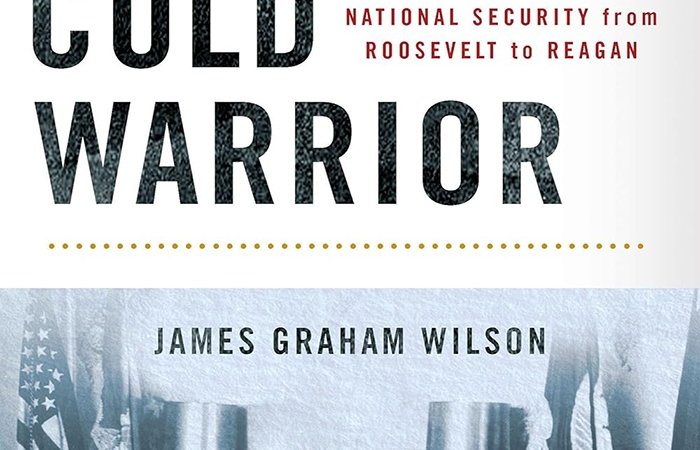
America's Cold Warrior: Paul Nitze and National Security from Roosevelt to Reagan
In America's Cold Warrior, James Graham Wilson traces Paul Nitze's career path in national security after World War II, a time when many of his mentors and peers returned to civilian life. Serving in eight presidential administrations, Nitze commanded White House attention even when he was out of government, especially with his withering criticism of Jimmy Carter during Carter's presidency. While Nitze is perhaps best known for leading the formulation of NSC-68, which Harry Truman signed in 1950, Wilson contends that Nitze's most significant contribution to American peace and security came in the painstaking work done in the 1980s to negotiate successful treaties with the Soviets to reduce nuclear weapons while simultaneously deflecting skeptics surrounding Ronald Reagan. America's Cold Warrior connects Nitze's career and concerns about strategic vulnerability to the post-9/11 era and the challenges of the 2020s, where the United States finds itself locked in geopolitical competition with the People's Republic of China and Russia.
Watch now
Lost Souls: Soviet Displaced Persons and the Birth of the Cold War
When World War II ended, about one million people whom the Soviet Union claimed as its citizens were outside the borders of the USSR, mostly in the Western-occupied zones of Germany and Austria. These “displaced persons,” or DPs—Russians, prewar Soviet citizens, and people from West Ukraine and the Baltic states forcibly incorporated into the Soviet Union in 1939—refused to repatriate to the Soviet Union despite its demands. Thus began one of the first big conflicts of the Cold War. In Lost Souls, Sheila Fitzpatrick draws on new archival research, including Soviet interviews with hundreds of DPs, to offer a vivid account of this crisis, from the competitive maneuverings of politicians and diplomats to the everyday lives of DPs.
Watch now
The Contest for the Indian Ocean And the Making of a New World Order
Throughout history, the Indian Ocean has been an essential space for trade, commerce, and culture. Every European power has sought to dominate it. Now, after a lull in the postwar period, control of major shipping routes has once again become a critical aspect of every rising state’s ambition to be a global power. Darshana M. Baruah shows how governments from Washington, DC, to Nairobi and Canberra are expanding their interests in the region.
Watch now
Vietnam's American War: A New History
The American war in Vietnam was so much more than the sum of its battles. To make sense of it, we must look beyond the conflict itself. We must understand its context and, above all, the formative experiences, worldview, and motivations of those who devised communist strategies and tactics. Pierre Asselin's "Vietnam's American War," now in its second edition, remains a story of how and why Hanoi won. However, this revised and expanded edition offers more extensive and nuanced insights into Southern Vietnamese history, politics, and society. It puts to rest the myth of Vietnamese national unity by documenting the myriad, profound local fractures exacerbated by US intervention. It also includes over thirty-five new images intended to highlight that the Vietnam War was, fundamentally, a Vietnamese civil war and tragedy. This new edition is as richly detailed as it is original, eye-opening, and absorbing.
Watch now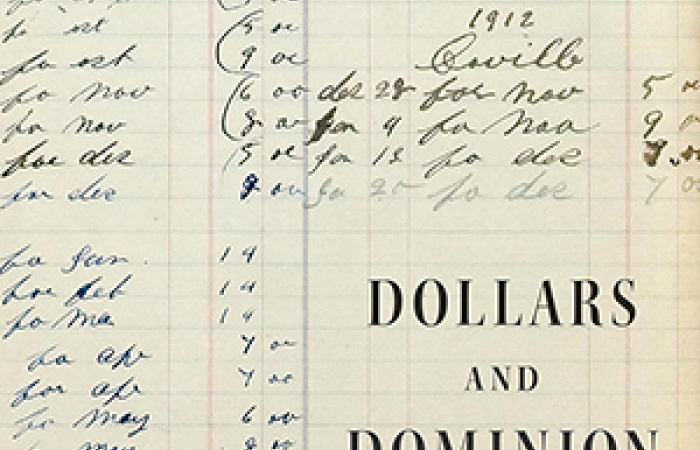
Dollars and Dominion: U.S. Bankers and the Making of a Superpower
The dominance of US multinational businesses today can seem at first like an inevitable byproduct of the nation’s superpower status. In Dollars and Dominion, Mary Bridges tells a different origin story. She explores the ramshackle beginnings of US financial power overseas, showing that US bankers in the early twentieth century depended on the US government, European know-how, and last-minute improvisation to sustain their work abroad. Bridges focuses on an underappreciated piece of the nation’s financial infrastructure—the overseas branch bank—as a brick-and-mortar foundation for expanding US commercial influence.
Watch now
History and Public Policy Program
A global leader in making key archival records accessible and fostering informed analysis, discussion, and debate on foreign policy, past and present. Read more
